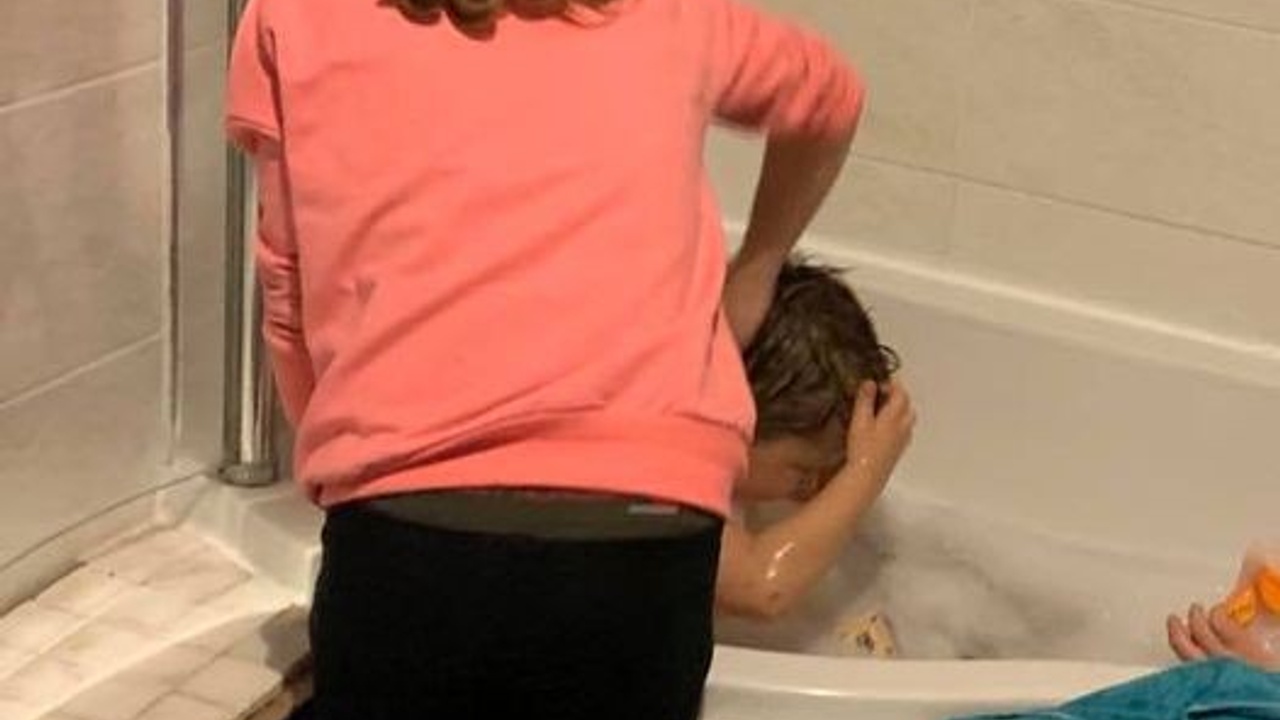On Paper

As an organisation we see so many children’s lives on paper. We see catalogues of their needs and history. Bullet points and summaries of their diagnosis and conditions. We see details specific to them and also reports which tell the reader what a child with that diagnosis would “generally” do or feel.
I want to look at just one of those sentences today.
“Lacks empathy ”
We see this ALL the time in reports. The thing is, I often see something different in real life.
I work with a number of children and young people and adults diagnosed with ASC, PDA and ADHD and I see empathy that I’ve rarely seen.
It seems that with those diagnosis’s comes a certain expectation of how children and adults will engage with the world. The lives and loves of millions of humans has been slotted neatly into phrases that can be cut and pasted over and over.
In particular the wording “Lacks empathy and understanding of others emotions” has always played heavy on my mind.
In fact in PDAers I see something really different. I see young people who are so so full of empathy and emotion. It brims over and they try so hard to work it out. When these children trust you they open up and they really share their deep feelings, it is amazing to hear how they speak of what goes on inside for them.
It’s no surprise that the child struggles to know how to present themselves around others with all these feelings right at the surface.
The fear, anger, joy, empathy and pure love many of the young people I meet feel is so so massive and overwhelming. The explanation they give me of their feelings far exceed the levels I’d see my own 4 neurotypical children describe.
So, when one of the neurodivergent children I care for finds out someone has say, not answered the phone to me or upset me in some way, they don’t just feel sadness and empathy for me, it becomes an action word. They have to respond in a way which fits their level of concern.
For example - “I’m going to get that person for you. I’m going to kill them because they upset you.”
The extreme response can be seen as confusing, but what I see is a HUGE amount of care and empathy from them to me, yes the way they have shown it is not the obvious response but it does show how deeply empathic they are towards me and my potential sadness.
It’s all about the individual and really understanding where their own set of feelings lie.
Cut and paste needs to end and really true understanding of the child can then begin.
What’s your experience of this?
Picture is of an amazing neurodivergent child helping me wash my twins hair.
Want updates and news to your inbox?
We hate SPAM. We will never sell your information, for any reason.


